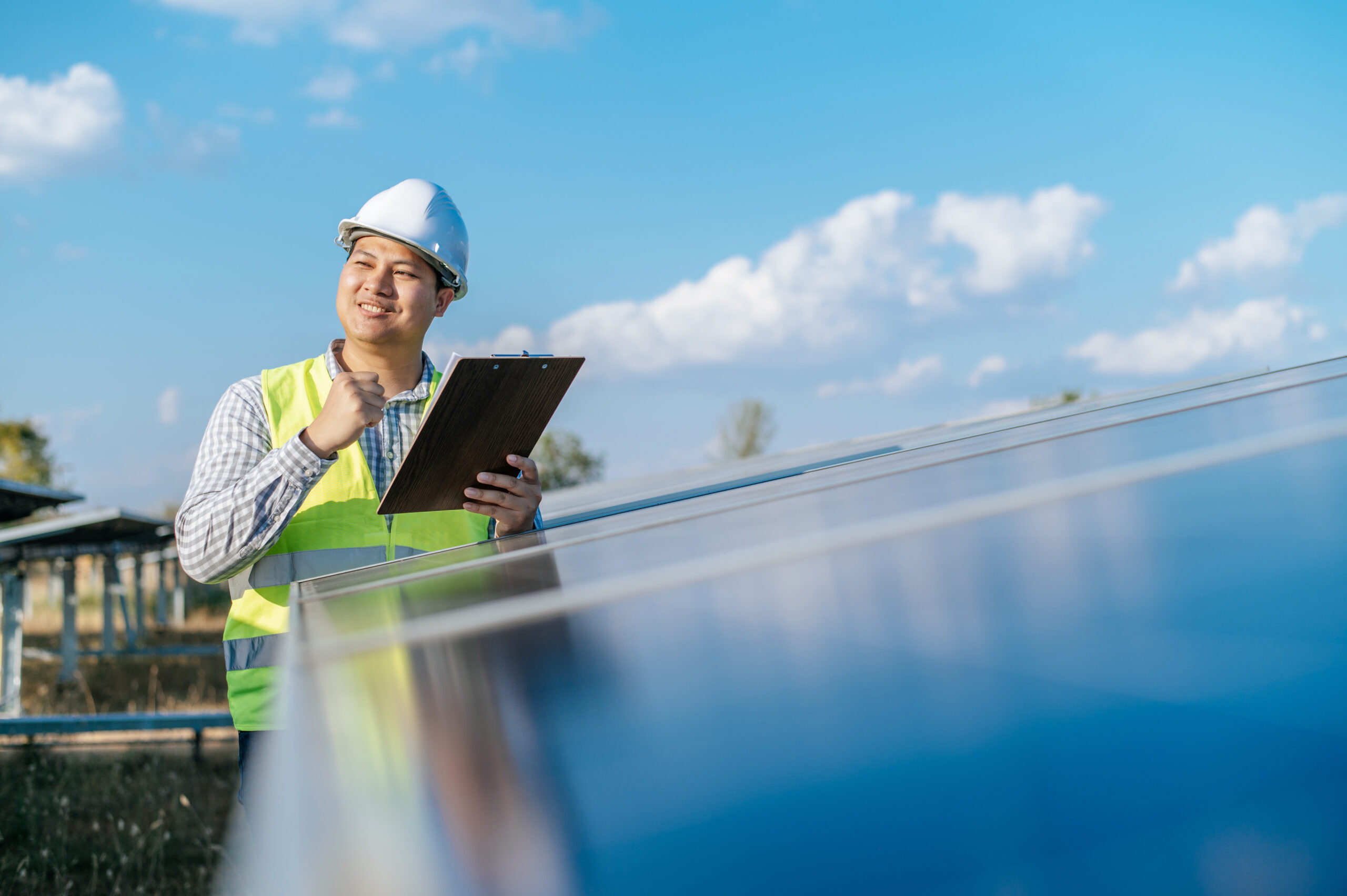Energy efficiency and renewable energy provide significant benefits to the economy. More than reduced utility costs, the shift to more sustainable energy options can lead to macroeconomic impacts that can boost economic activity and drive employment for businesses.

According to a publication released by the World Bank, energy efficiency directly contributes to some prevailing development challenges in its twin goals of poverty reduction and shared prosperity. In a report published in 2016, it noted that improved energy efficiency in various industries can modernize technology and increase competitiveness without compromising the environment. As economies develop and more infrastructure rises, the demand for energy services will continue to increase. Investing in renewable energy will also provide the same requirements for this development, but with less negative impacts to the planet.
Moreover, the World bank also emphasized that cleaner sources of energy can lead to freed up fiscal resources can then be used for socio-economic development and for programs. Energy efficiency mitigates the impact of ongoing tariff reforms, which adversely affect poorer households.
Instead of importing natural gas and electricity supply, renewable energy generated can benefit domestic and local companies and retailers to provide energy management services. Local governments can contribute to economic growth by generating energy on-site, purchasing green power. The combination of renewable energy options can help meet local government goals especially in areas where the availability and quality of renewable resources vary.

Larger Impacts of Reduced Utility Bills
Lesser utility bills can benefit companies more than overhead savings. Sustainable commercial developments offer this advantage to businesses, leading to a greater return on investment, more funds to allocate for development, and providing better options to its employees.
READ MORE: How can solar power reduce building costs?
Increasing Property Value
In the commercial real estate market, energy-efficient developments frequently sell for a higher price than regular buildings with comparable features. Energy efficiency features and measures add value to your property.
According to the International Energy Agency, solar power is turning into the cheapest source of new electricity generation capacity in many countries, especially in Asia. It is also endorsed by frontrunners of sustainability and green real estate for the benefits it offers environmentally and financially. According to a study conducted in 2018, the Philippines ranked first among other developing countries in the continent in terms of the use of solar photovoltaic systems for electricity generation. It has topped Asia and ranked 5th in the world for the use of solar energy across various sectors and industries.
RELATED: Capitalizing on Solar Energy: PH tops Asia, ranks 5th worldwide in solar energy use
JEG Tower @ One Acacia is the first commercial development in Cebu City to utilize solar energy to power its shared spaces. Committed to sustainability, this 22-storey premium green building is designed and constructed to promote and practice holistic benefits to businesses, the community, and the planet.
Interested in knowing more about the impact of energy efficiency on your business? Contact Alexa Abella at (+63) 917-825-6884 or email jegtower@kmcmaggroup.com.

